Do you know that feeling lonely is injurious to health? We all feel lonely at some point or the other, but for millions of people across the globe loneliness has become chronic. Whether you are feeling lonely while surrounded by people or you are in social isolation, in both cases loneliness can take a huge toll on your mental and physical well-being.
The loneliness epidemic
The loneliness epidemic is the new buzzword in the most connected time in history. Today a majority of Americans are lonely according to Cigna’s survey of 20,000 adults in the U.S. One out of every two adults irrespective of gender or race feel alone (46%) or left out (47%). Around 27% of the survey participants were found to hardly feel that there is anyone who really understands them and 36% of them reported that they have no one to turn to at times of need.
What’s more shocking is that the youngest adults (aged 18-22) were found to be loneliest whereas the oldest adults aged 72 and above were least lonely.
One 2020 study found that the prevalence of loneliness has increased by almost 13% since 2018. “Pervasive loneliness has widespread effects and is strongly linked to mental health issues such as anxiety and depression,” adds the study.
Chronic loneliness is a very damaging state of mind but this human emotion has no single cause. It is unique for each individual! According to a 2017 study, “loneliness poses a significant health problem for a sizeable part of the population,” as it increases the risk of distress, unhealthy behavior, and suicide.
A child unable to make friends in school may be feeling lonely. On the other hand, an old lady may feel a different sort of loneliness after the death of her spouse. People living alone in a new city or in their apartment may or may not be lonely. On the other hand, you may feel lonely, even when surrounded by people. Whether the house you live in is 500sq ft or 5000 sq ft, loneliness is the same.
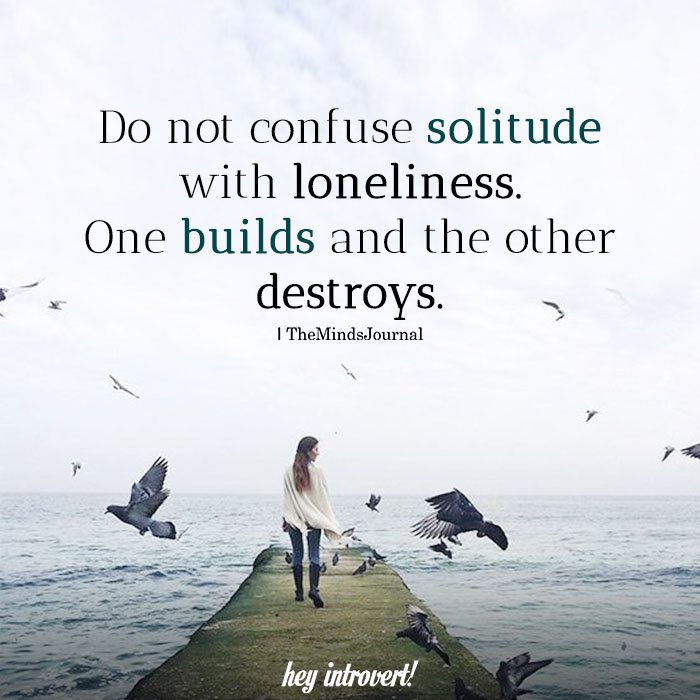
What exactly is loneliness?
Loneliness is a chronic negative emotion that is experienced due to a lack of social connection or isolation. Although alone time can be beneficial, a lack of intimacy and connection with others can cause this unpleasant psychological construct. It’s a state of mind where you want human contact but due to an unpleasant state of mind, you fail to connect with other people. In short, loneliness is feeling alone and isolated.
However, loneliness is not a clinical disorder. It is different from more serious feelings of isolation and alienation, but it can be a sign of deeper psychological issues. Loneliness may be a temporary feeling but feelings of isolation/alienation may arise from withdrawal from relationships, rejection by others or can be the result of chronic illness.
Related: Loneliness In Children: This Is What You Can Do As A Parent
There are various external and internal causes of feeling lonely including –
- Physical isolation
- Disturbed family relationships such as divorce
- Death of a loved one
- Feeling of worthless and low self-esteem
- Psychological issues like social anxiety or depression
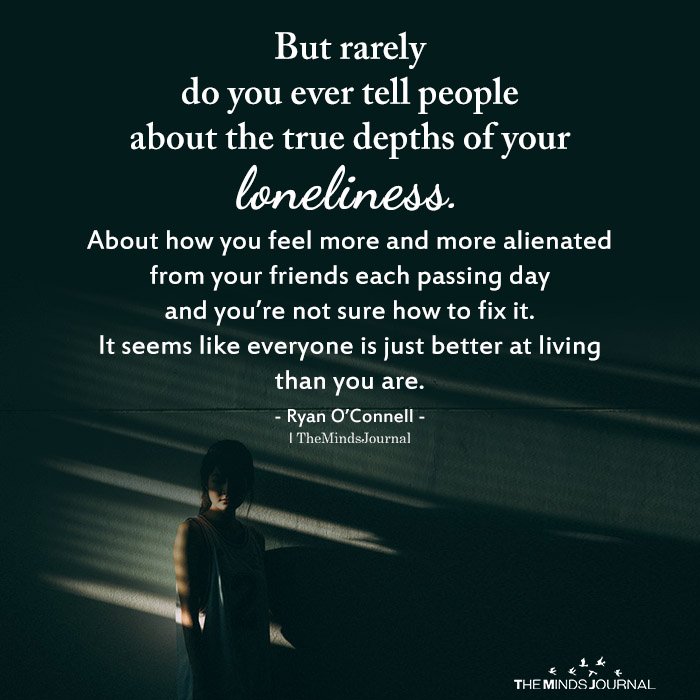
Loneliness is a vicious cycle
The more we experience social isolation, the more we feel lonely and threatened which forces us to seek more isolation, which in turn amplifies the feeling of loneliness.
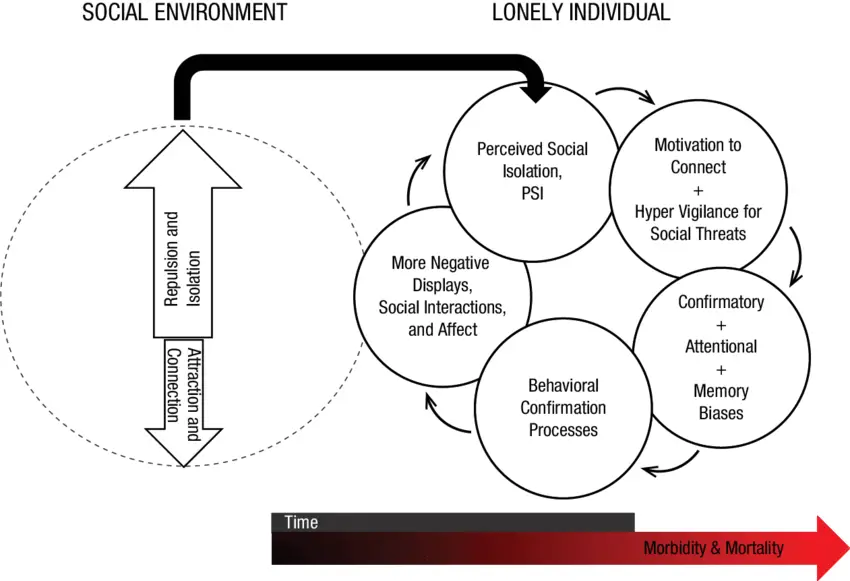
Do you know that the pain of chronic illness is highly detrimental to your health?
What researchers are saying about loneliness and its impact on our health
Research shows that chronic illness severely impacts our brain health. Several studies have shown an association between loneliness and an increase in risk for developing dementia and Alzheimer’s. Long-term feelings of loneliness can lead to negative thinking, self-doubt, poor decision-making skills, concentration issues, and eventually depression.
Loneliness is controlled by the brain according to researchers. Roy Baumeister, a psychologist at Florida State University in Tallahassee conducted some lab experiments between 2000 and 2005 and found that loneliness declines executive control.
Neurobiologist Richard Smeyne of Thomas Jefferson University in Philadelphia experimented with multiple generations of mice. Initially, they were kept in large enclosures that allowed them to play and grow up with other mice. When they reached adulthood, some of these animals were transferred to a typical shoebox cage, subjecting them to social isolation.
After the month of isolation, the researcher compared the changes in the brain (mainly the sensory cortex). It was found that the overall size of nerve cells, or neurons, shrunk by about 20% and was steady for three months as the mice remained in isolation.
Also, there was broken DNA and a reduction in a protein called BDNF that triggers neural growth. Another 2013 study found that social isolation can lead to depressive-like behavior in mice.
Further research has shown that loneliness is highly toxic to health and the level of toxicity is startling. Social isolation is the strongest social risk factor of loneliness.
Related: 10 Pertinent Facts About Loneliness And How It Effects The Mind And Body
Social Isolation
Perceived social isolation i.e loneliness results in adverse health and fitness consequences at each developmental stage of life. Feeling lonely manifests as poor sleep, depression, impaired executive function, altered hypothalamic-pituitary-adrenocortical activity, accelerated cognitive decline, impaired immunity, unfavorable cardiovascular function, a pro-inflammatory gene expression profile, and earlier mortality.
Cole explains that the feeling of loneliness triggers worry and fear of what will happen in the future, which activates a nervous system that releases stress hormones like cortisol and epinephrine. These hormones make the heart beat faster and increase blood pressure, activate the immune system, and inflammatory response.
Studies have revealed that it is related to different chronic conditions, such as cardiovascular disease, lung disease, heart disease, metabolic disease, stroke, hypertension, obesity, and is a predictor of mental health issues.
Related: Dangers Of Over Indulging In Alcohol During Isolation
In fact, it is believed that loneliness has the same effect on our mortality as smoking 15 cigarettes a day.
A 2015 meta-review showed that loneliness increases your risk of the chance of dying by 26%. If these results are compared to depression and anxiety, both are known to be associated with a comparable 21% increase in mortality according to a large-scale, population-based study .
Related: Safety in Isolation: The Consequences of Being Bullied
These facts really shocked me! But, there is more to it.
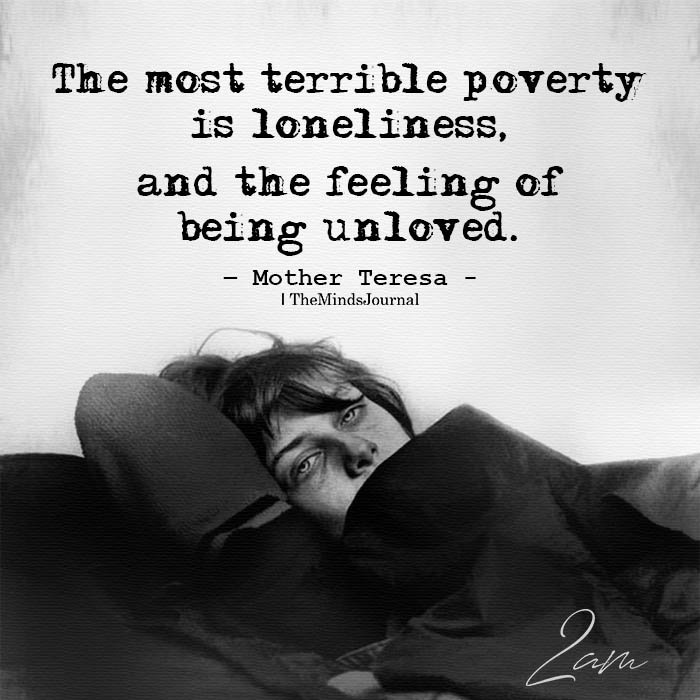
A group of researchers identified that loneliness results in a biological wound by causing damage at a cellular level.
Loneliness can affect your health in a multitude of ways. Untreated loneliness may lead to :
- Social isolation
- Stress and anxiety
- Depression
- Substance use and Alcoholism
- Anti-social behavior
- Sleep disorders
- Type 2 diabetes
- Cardiovascular disease and stroke
- Decreased memory and learning
- Alzheimer’s disease progression
- Poor decision making
While there is a bulk of literature available on the impact of loneliness on mental health, there was a lack of understanding of how actually loneliness affects our physical health.
How feeling lonely causes disease at the cellular level?
Steve Cole and his research team at UCLA conducted a study of 14 participants to investigate the genetic differences and cellular structure of lonely and non-lonely people. People with prolonged periods of loneliness had white blood cells that looked quite different from their normal counterparts.
When our body cells are in danger or attacked by some foreign substances, Type 1 interferon molecules initiate an antiviral response to protect us. Unfortunately, this mechanism is suppressed in lonely people relative to non-lonely people.
Genetic analysis revealed that people with loneliness have certain genes activated in their bodies that are responsible for inflammation response, which is not seen in non-lonely participants.
Now, this is a bad sign! In the case of acute injury, our body naturally triggers an inflammation response to heal the wound. But, unusual inflammatory responses (which happen due to chronic illness) can give birth to chronic diseases like heart diseases, atherosclerosis, neurodegenerative diseases like Alzheimer’s disease, and cancer. The Inflammatory process acts as fuel for diseases to grow and progress in our body, weakening the immune system and DNA in cells…
Hence, lonely people are highly prone to bacterial and viral infections as well as vulnerable to attack from within by their own immune system.
In lonely people, a pattern of altered immunology is observed and it appears as a defensive reaction mounted by the body in case you are going to be wounded in the future. It means the human body perceives loneliness as a threat.
If we are feeling lonely and helpless with no one to talk to or seek support, our body starts a defense mechanism assuming a chance of wound or infection. This was a natural survival tactic once upon a time but killing us in this digital world.
This is one of the reasonable biological explanations for why people with loneliness suffer from different other health problems.
Experts consider loneliness as a silent epidemic. Because it turned out to be a larger risk factor for disease than other things like anxiety or depression.
Are you at risk of chronic loneliness?
Anyone can suffer from chronic loneliness. Society assumes that it’s always those who are introverted or unmarried, whether women or men are at a high risk of loneliness. Even extroverted individuals or Type A personalities and party animals are highly likely to suffer from chronic loneliness.
Related: 10 Sneaky Signs of Loneliness Which Say You’re Lonelier Than You Think
It’s a common misconception that loneliness hits only when you are old. But Maike Luhmann, a psychologist at the University of Cologne in Germany says that loneliness increases at the age of 30 and again at the age of 50 based on her study published in Developmental Psychology. This evidence suggests that loneliness rises and falls throughout our lifetimes.

Also, you may be at risk of long-term feelings of loneliness and isolation if you are dealing with the following:
- Chronic disease
- Substance use
- Depression and bipolar disorder
- Dementia and Alzheimer’s
- Sexual orientation issues
- Some mild forms of autism, such as Asperger’s Syndrome
Loneliness can be contagious
According to a 10-year study, loneliness spreads in social networks. Researchers found that people close to someone having loneliness were 52% more likely to become lonely as well (Cacioppo, Fowler and Christakis 2009).
Is there any cure to loneliness?
From years of research and vast literature available on loneliness, psychologists conclude that the mental and physical health effects of loneliness will decline when feelings of loneliness go away. Evidence from longitudinal and small preliminary studies also gives a hint that a decrease in loneliness decreases the cellular symptoms and impact of cellular changes.
1. Treatment
Loneliness may not be diagnosable but you can seek professional help to deal with feelings of loneliness. To address the issue, it is necessary to understand the root cause of the problem. Loneliness may be due to trouble getting to know new people in your new college, or adjusting to a new city, breaking up with your lover, feelings of self-doubt, anxiety, and low self-esteem, which prevents you from building meaningful relationships.
In all cases, you may talk to a therapist to examine various situations in your life and know how to resolve your social pain and deal with mental and physical health issues.
Related: 10 Ways To Survive Loneliness: Lessons I Learned From Being Alone
Cole says that the improvement in health due to loneliness interventions has been found to be modest. Because most treatment options are targeted to give people a sense of purpose in life rather than decreasing loneliness.
He says that the pain of loneliness is an indication that we need to be around people. Just like physical pain helps us stay away from physical dangers, social pain also known as loneliness has evolved to protect the individuals from dangers of remaining isolated and lonely.
2. Antidote to loneliness
Researchers say that the rise of the internet and social media is partially responsible for increased cases of loneliness. So, the number of social interactions cannot combat loneliness.
The antidote to loneliness is good quality relationships. People with strong social relationships are 50% more likely to live longer. But, the quantity of friends or relationships doesn’t matter.
Related: Longest Harvard study finds how relationships can make you happier
According to a Gallup Study – “Wellbeing: The Five Essential Elements” employees with even a single close friend at the workplace are seven times more likely to be engaged at their jobs than those who didn’t.
Hence, mental health professionals suggest people strive hard to make quality or meaningful connections in personal and professional life. You can ward off loneliness by having just three or four close friends. That’s enough to reduce the negative health consequences associated with feeling lonely and isolated.
Tips to prevent and overcome loneliness
If you are facing loneliness and are unable to overcome social isolation, then here are a few strategies that can help you deal with feelings of loneliness –
1. Recognize and understand loneliness
Loneliness is literally killing people across the globe. It is a sign that something needs to change. Recognize the signs and understand the terrible physical and mental health consequences of your loneliness.
2. Be positive
Always stay in touch with loved ones. Connect with people in real life than hiding behind social media texts. Do not let technology distract you from forming genuine connections. Don’t assume rejections and pain, but always expect the best. Focus on every tiny, good thing that is currently happening in your life such as a hike in salary or good bonding with your neighbor, and so on. You will attract more people when you are cheerful and happy.
3. Take a stand
If you are longing for a deeper connection with others, then be brave enough to take action. Steer a conversation with others by sharing your feelings and experiences rather than having just a superficial chit-chat. Spend quality time with your family and friends. Look for topics that can help you keep the conversation going for hours!
Try talking to people with similar attitudes, interests, and values so that you can develop quality relationships. Social support makes it easy to recover from mental illness according to Mental Health America. Social support makes it easy to recover from mental illness.
4. Practice self-love
Be kind and compassionate towards yourself! Go shopping, get that stylish haircut that you always postpone, eat at your favorite restaurant, or sit at a beach and spend some quality time with yourself. Leave no chance to pamper yourself when feeling lonely.
Self-criticism or blaming yourself for everything going wrong in your life is harmful when you are lonely. Instead of expecting love and kindness from people, focus on how you can be kind to yourself and others. People who have the right amount of sleep, exercise, and eat healthily are less likely to be lonely.
Related: 12 Tips To Self-Love And Compassion
5. Try a new hobby
If you are feeling lonely with plenty of free time, why not finish that art course that has been on your bucket list for a long? Or you may try to dance, learn guitar, or anything else that can keep your mind engaged.
6. Consider community service
Try connecting with a cathedral or any other community service where you can meet new people and develop friendships. Take up volunteer work in old age homes or any institutes where you can offer practical support to those in need and engage in face-to-face interactions.
Volunteering is also highly recommended because helping others is one of the best ways to break the cycle of loneliness. Also, there are many charities, loneliness campaigns, and organizations working to provide companionship to people who are lonely. Find new ways to be around people.
7. Adopt a pet
Research suggests plenty of mental health benefits of pets including decreasing loneliness. Living with a pet can make you feel livelier, fuller, and more connected to the world. It can also help you increase the chances of meeting new people.
Related: How Owning a Pet Dog Can Help with Your Mental Health
Wrap Up
Loneliness is more terrible than you think! Being alone and sad is fine unless the feelings of loneliness persist for months and hamper your mood, behavior, and lifestyle. Although, it’s hard, but not impossible to overcome loneliness. If the above tips don’t help you then consider reaching out to a therapist for the right support.
Feel free to share the article with your friends and spread awareness. Also, let me know your thoughts about the health impacts of loneliness in the comments.
References: 1. https://www.multivu.com/players/English/8294451-cigna-us-loneliness-survey/docs/IndexReport_1524069371598-173525450.pdf 2. https://www.ncbi.nlm.nih.gov/pmc/articles/PMC7321652/ 3. https://www.ncbi.nlm.nih.gov/pmc/articles/PMC5359916/ 4. https://pubmed.ncbi.nlm.nih.gov/31676909/ 5. https://www.ncbi.nlm.nih.gov/pmc/articles/PMC3692723/ 6. https://www.ncbi.nlm.nih.gov/pmc/articles/PMC6179015/ 7. https://journals.sagepub.com/doi/abs/10.1177/1745691614568352 8. https://link.springer.com/article/10.1186/gb-2007-8-9-r189 9. https://pubmed.ncbi.nlm.nih.gov/27148782/ 10. https://pubmed.ncbi.nlm.nih.gov/22820409/ 11. https://www.ncbi.nlm.nih.gov/pmc/articles/PMC7268264/ 12. https://www.ncbi.nlm.nih.gov/pmc/articles/PMC3944143/
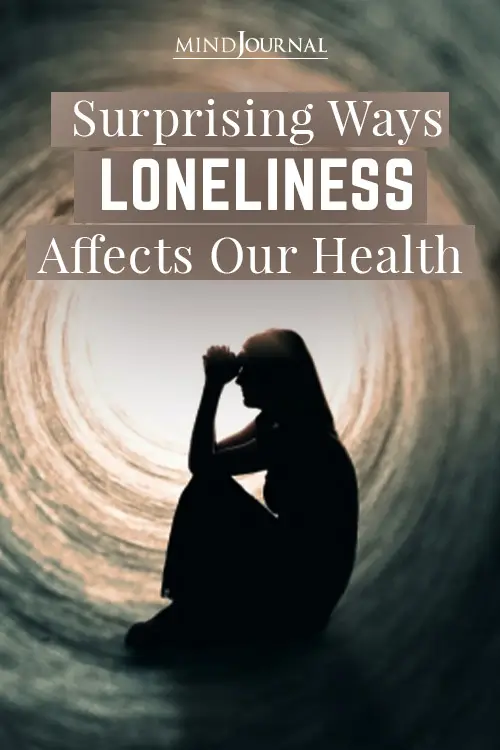
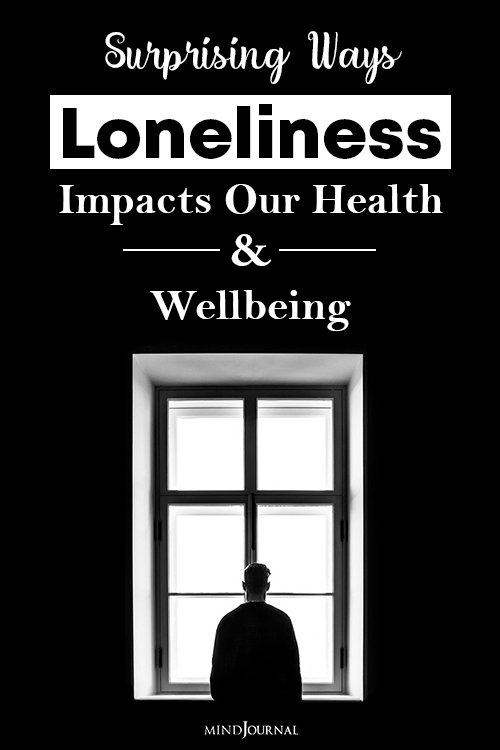
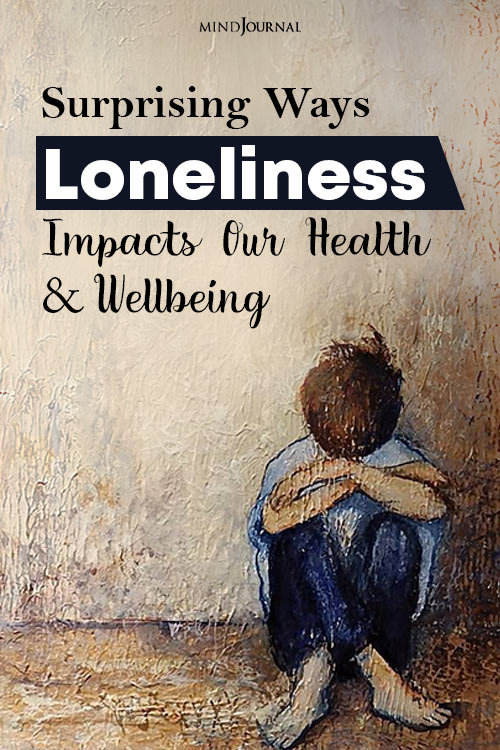
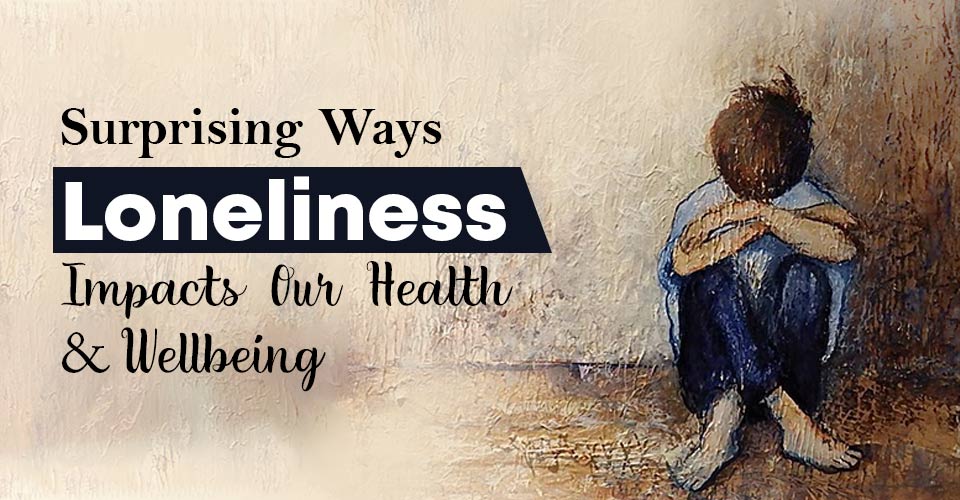


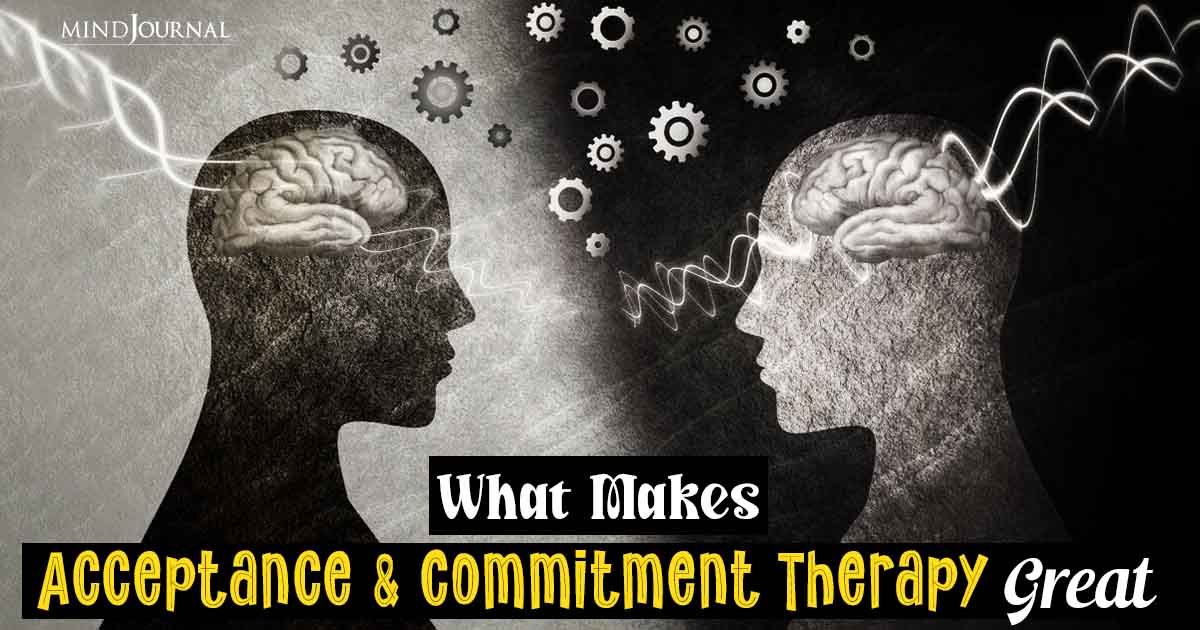




Leave a Reply
You must be logged in to post a comment.